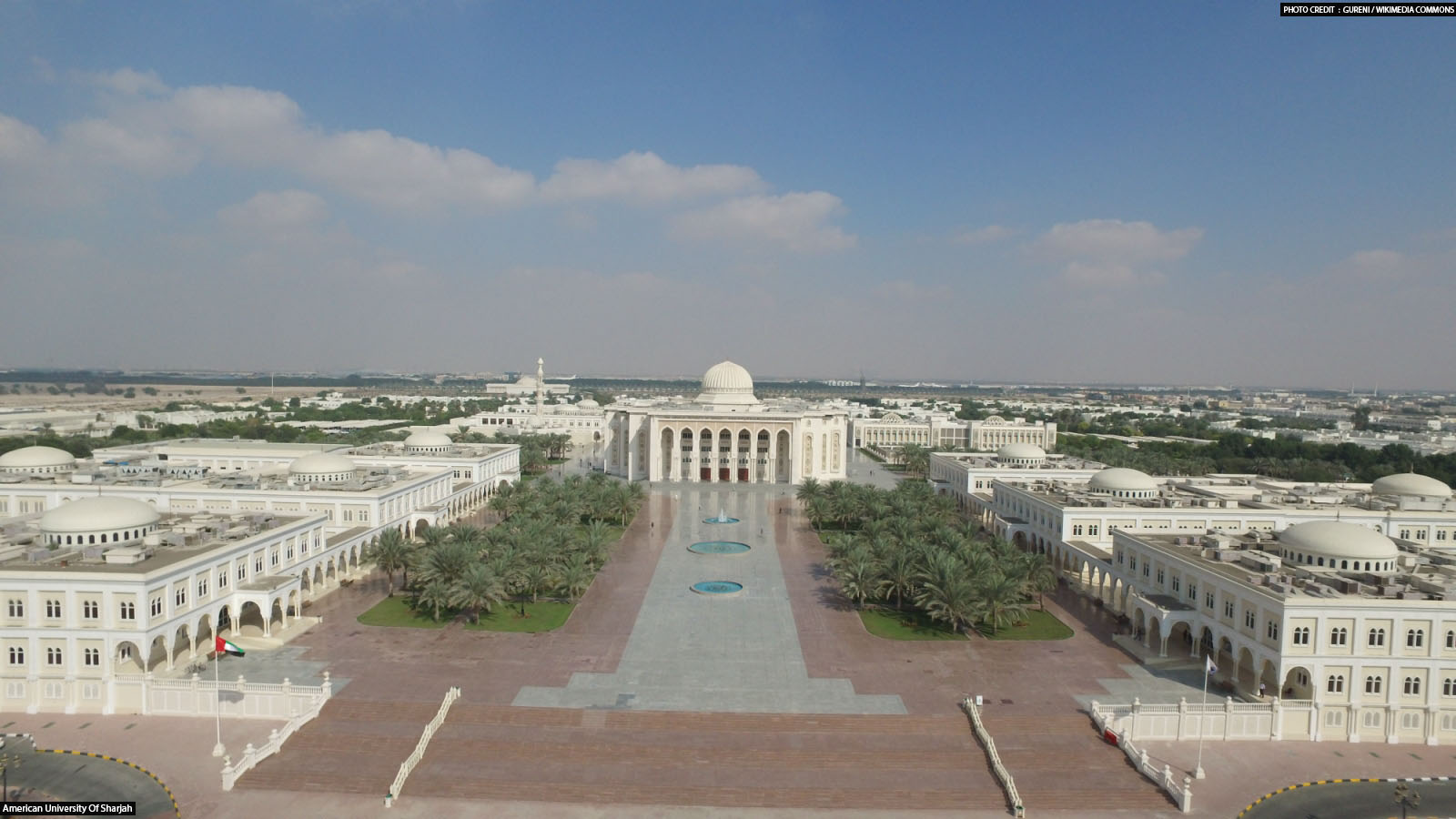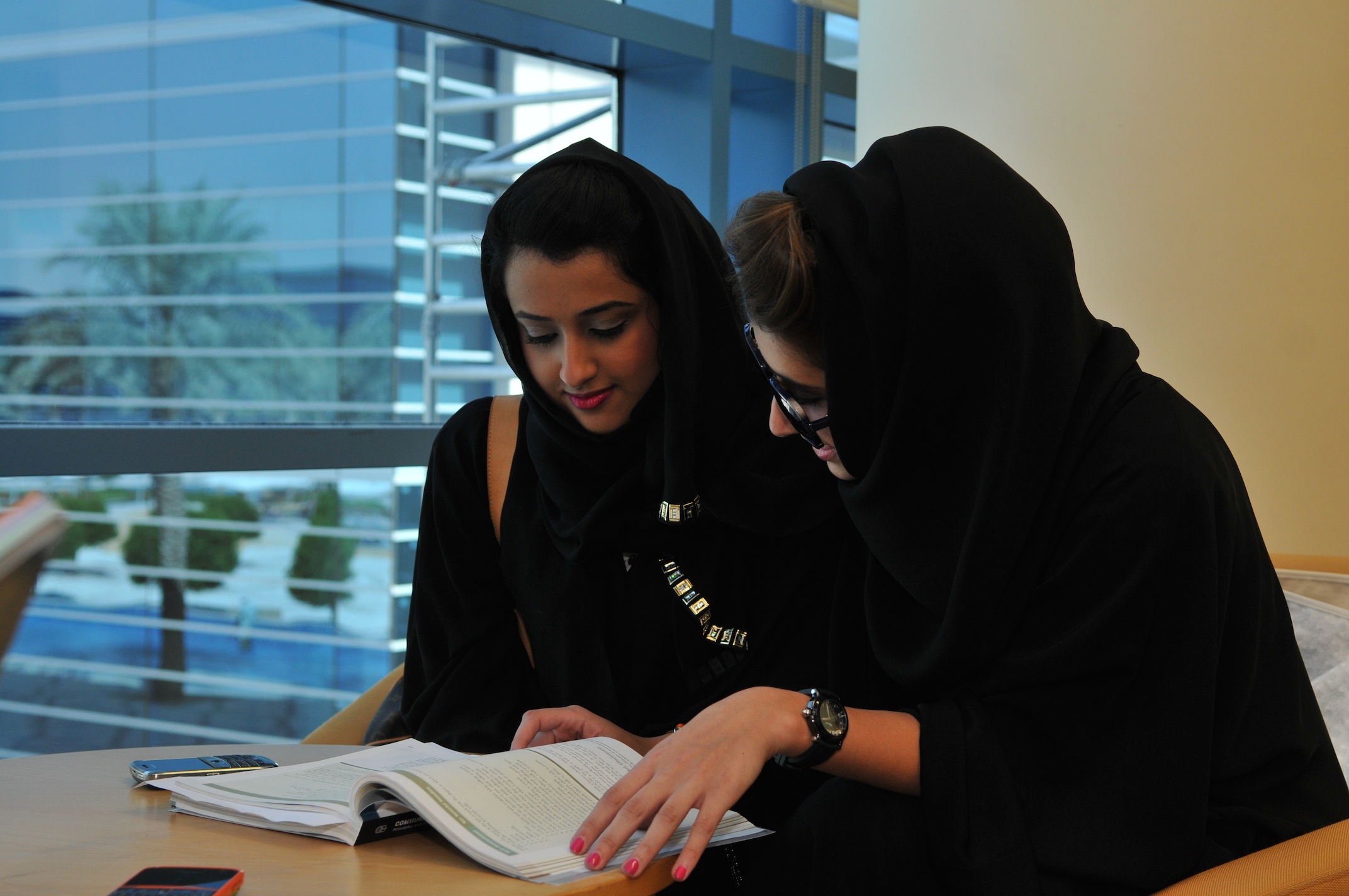January 20, 2022
Arab League: New Initiatives for Arab-Specific Universities

A At the 18th Conference of Ministers of Higher Education and Scientific Research in the Arab World, organised by the Arab League Educational, Cultural and Scientific Organisation (ALECSO) in Algeria, several new initiatives to improve research and to enhance the quality of education were approved. Improvement in the quality of research in the field of technology, culture, society and economy is expected to bring about quality education and healthy competition.
Some of the initiatives approved at the conference are the use of blockchain technology in order to tackle the issue of counterfeit higher education qualifications, proper guidelines for the use of AI (artificial intelligence) in learning, teaching and research, and an Arab-specific university ranking system.
ALECSO initiatives will not only improve the higher education system… but will also work towards promoting scientific research ethics among young people
The 22 countries that have approved these new initiatives are Algeria, Comoros, Djibouti, Egypt, Libya, Mauritania, Morocco, Sudan, Somalia, Tunisia, Bahrain, Iraq, Jordan, Kuwait, Lebanon, Oman, Palestine, Qatar, Saudi Arabia, Syria, the United Arab Emirates and Yemen.

Also, the setting up of an Arab University Ranking System will not only help put Arab institutions in the limelight, but will also encourage them to stay aligned with global standards.
“The new initiatives are very ambitious and if the signatory states undertake to carry it out, it would surely make it possible to meet the future challenges of Arab Higher Education Systems as it contains very interesting aspects such as digitisation, distance education, support for the development of culture among young people and the modernisation of educational tools… It should also lead to the development of the mobility of students and researchers between member countries of the Arab League and the development of strategic research projects linked, for example, energy transition, digital technology, management of water and population issues,” said Sami Hammami, Professor of Economics, University of Sfax, Tunisia.
Posted in News and tagged News, Arab League, ALECSO, Higher Education
Bookmark the Permalink
